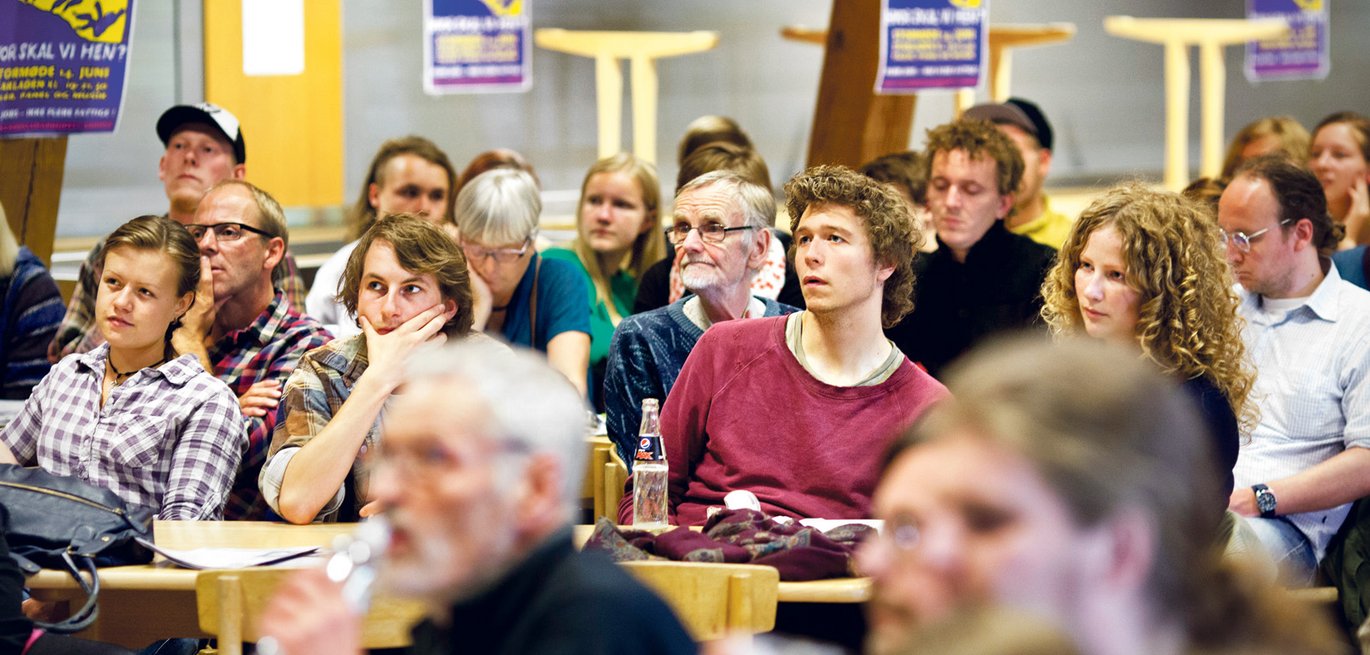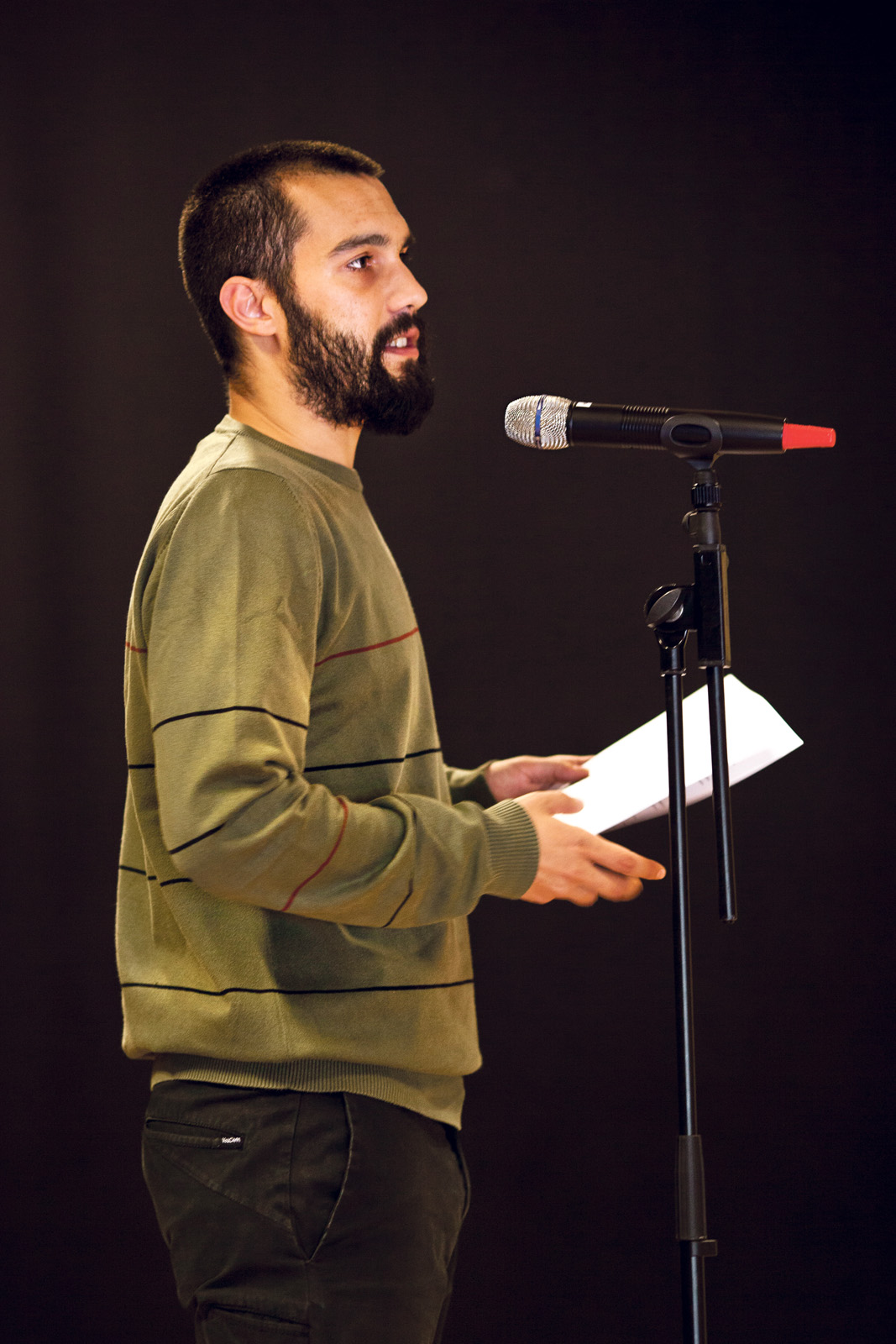Indignant Spanish fighting for democracy on Facebook
Facebook and Twitter can be used for much more than simply updating your status and keeping people informed of what you’re doing. In Spain, hundreds of thousands of indignant Spanish students and citizens are using the social media to strengthen their protests against the system.


The Spanish economy is in recession, almost 50% of the young people are unemployed, and the country has incurred huge debts. The seriousness of the situation has resulted in an increasingly active student protest movement, with students and other indignant citizens rising up in protest against the power of the financial system and the way the Spanish politicians are handling the crisis. One of them is Aitor Tinico, who is a member of a protest movement called Democracia Real YA! (“True Democracy NOW!”, ed.).
In June he visited Aarhus University to report on how to mobilise a protest movement – for instance by using the social media. He regards the social media as an effective political tool when it comes to communicating your message and getting a protest movement off the ground.
He explained that the social media were open and easily accessible, which made joining a protest movement free of charge. You didn’t have to join a union or party – you could just sit at home and keep up to date via Facebook and Twitter, commenting on or taking part in the actions that were advertised there if you wanted to. He said that the social media enabled us to join forces without being together in a physical sense, thereby giving us a strong public voice. Aitor Tinico has studied politics and public administration.
He also said that people wanted their politicians and the world of finance to be open and transparent, which is why it was so important that his own movement was open and transparent too.
Active on the streets and in cyberspace
Facebook and Twitter have paved the way to success for protest movements such as 15M, Juventud Sin Futuro (“Young People without a Future”) and Democracia Real YA! in Spain. But these movements are not restricted by cyberspace. One important part of their activities involves being seen and heard on the streets as well. As a result, over the past year the streets and squares of Spanish cities have regularly been filled with thousands of Spanish citizens protesting against the system. The movement has also walked from one city to the next to raise additional support.
Aitor Tinico explained that his movement had moved from the internet to the street, and that they did not distinguish between cyberspace and reality – in fact, the two spheres complemented each other. He believes that the social media will have a huge influence on the way we conduct politics in the future. In his opinion, the social media help to create a new paradigm for political expression which could be called “technopolitics”.
Save the people!
In Spain the financil sector was recently saved by an injection of capital from the EU amounting to about 100 billion Euros to prevent the banks from collapsing. But Aitor Tinico said that this was not the end of the protest movement. It wasn’t enough to save the banks – the people had to be saved, too.
As a result, his movement is now fighting to ensure that people are not held accountable for debts that have been created by the private sector. They are also fighting for the right to decent housing in the wake of all the property repossessions that have occurred in Spain. And they are demanding a redistribution of the wealth of society. But most importantly of all: they are fighting for a more transparent form of democracy both in Spain and in the rest of Europe.
